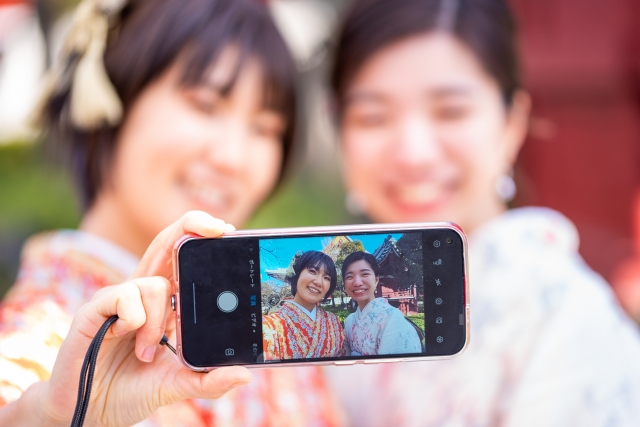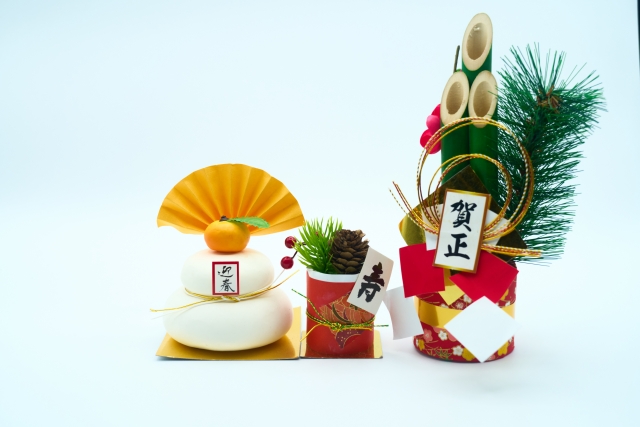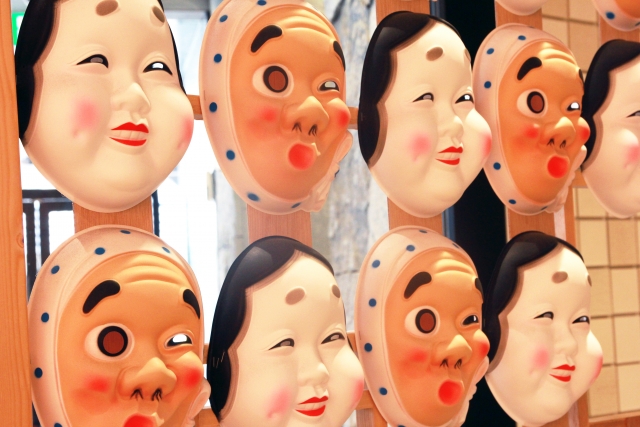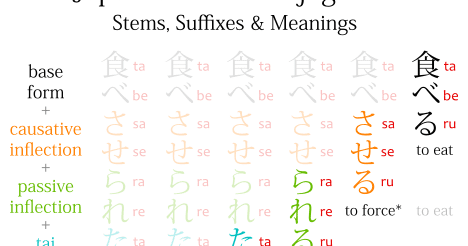In Japan, January 1 is called ” Gantan(元旦、New Year’s Day).
The term “Gantan(元旦)” is only used in New Year’s greeting cards, and we usually do not pay much attention to it.
However, we often ask ourselves questions like “What does ” Gantan(元旦)” mean? or “Am I using it correctly? I have to think a little bit.
Therefore, on this page, we will check the meanings of ” Gantan(元旦)” and ” Ganjitus(元日)” and clarify the difference between them.

Click here to learn Japanese language with the best one-on-one Japanese tutoring lessons in person or online.

Contents
What is the meaning of Gantan(元旦)?
First, let’s check the meaning of Gantan (元旦).
The character “旦 (tan, dan)” means morning (朝 asa). Here are some idiomatic phrases using this character.
o 旦明(たんめい Tanmei)-夜明け、明け方
o 旦夕(たんせき Tanseki)-朝晩
o 旦日(たんじつ Tanjitsu)-明朝、明日
o 早旦(そうたん Soutan)-早朝、朝早く
o 平旦(へいたん Heitaan)-夜明け頃
The character “旦” is used in the Japanese alphabet to indicate the day of the month.
In the character for “旦”, “日” represents the sun and the “一” below it represents the horizon, which is said to mean that the sun is above the horizon, i.e. morning or sunrise.
On the other hand, the character for “Gan 元” means the first day of the year, so “元旦” means the morning of January 1.
And although it was originally used to mean this, in recent years it is also increasingly used to mean January 1.
What does “Ganjitsu 元日” mean?
In the case of ” Ganjitus(元日)” it means the first day of the year, i.e., January 1.
It is also the name of a national holiday*.
In our neighboring country, China, the word ” Gantan(元旦)” means January 1, but they do not use the word ” Ganjitus(元日)”.

What is the difference between ” Gan-tan(元旦)” and ” Gan-jitus(元日)”?
The difference in meaning between “Gan-dan” and “Gan-jitsu” can be summarized as follows
Gantan(元旦) … The morning of January 1 or January 1
Ganjitus(元日) … The first day of January
One thing to be careful of in usage is that it can be duplicated.
Therefore, the usage “January 1, Gantan(元旦)” or “January 1, Ganjitus(元日)” is incorrect.
Conclusion.
Although New Year’s Day is in January, it is usually celebrated during the most important three days or week for Japanese people: from around December 29, schools and companies are closed for a week or two, and many people living far away from home return to their parents’ homes to spend time with their families.
To welcome the New Year, they clean their houses and prepare kadomatsu, shime-mochis, and kagamimochi (mirror-shaped rice cakes). On New Year’s Eve, they ring the bell to ring in the New Year and eat New Year’s soba noodles to welcome the New Year.
On Gantan(元旦 New Year’s Day), people visit temples and shrines to pray for health and happiness in the New Year. Looking over New Year’s greeting cards and receiving New Year’s money is another New Year’s joy.
- ” Gantan(元旦)” originally means the morning of January 1, but the term is increasingly used to refer to January 1.
- ” Ganjitus(元日)” means January 1.
Related article:










